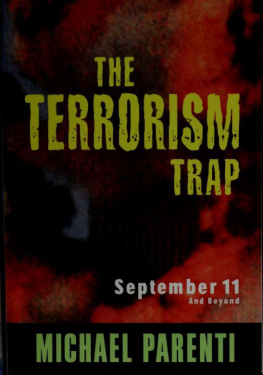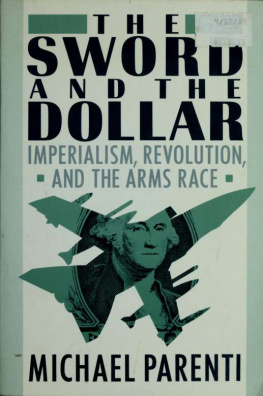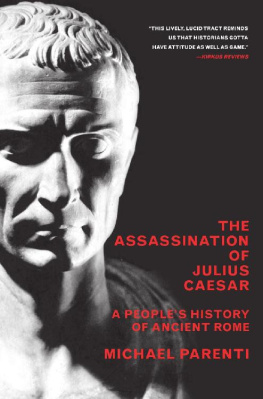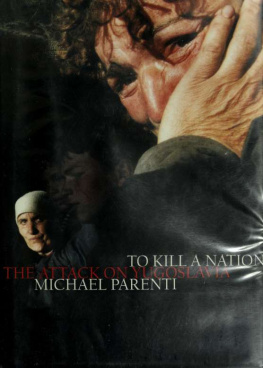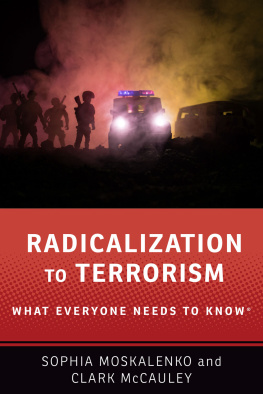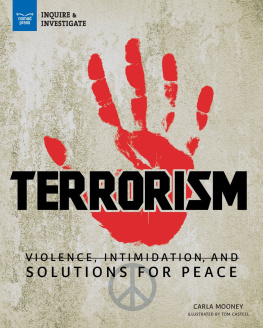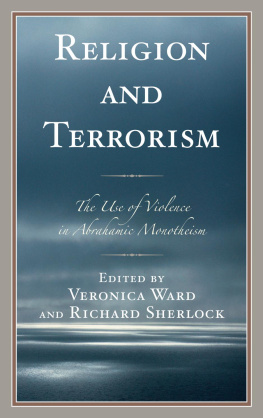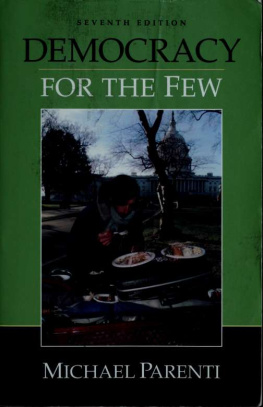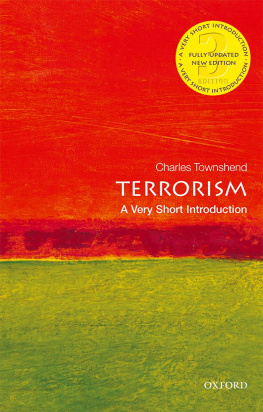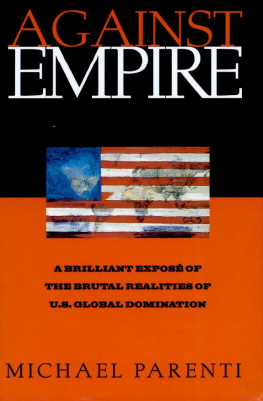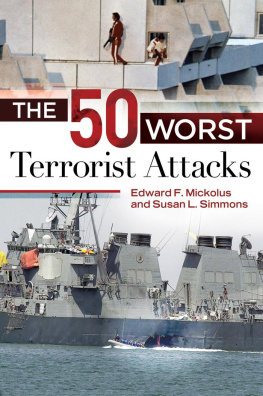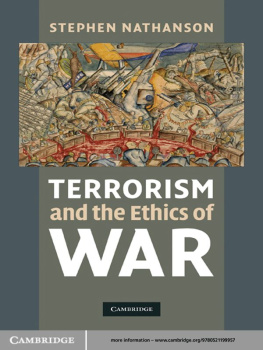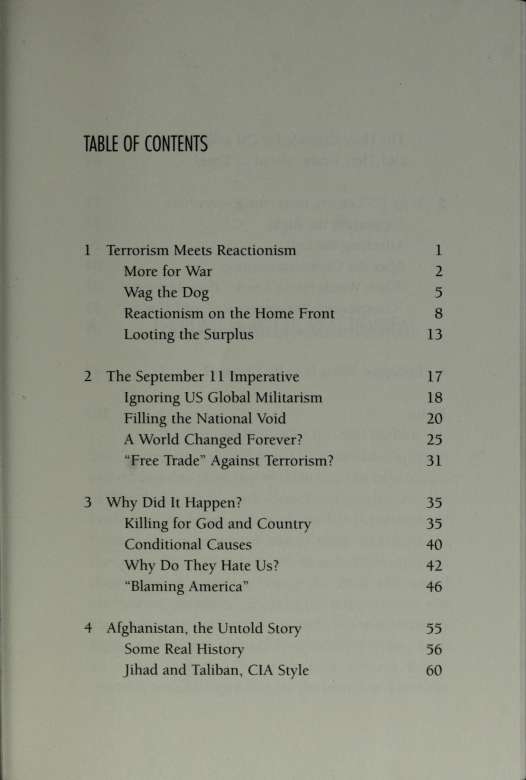This book made available by the Internet Archive.
An expression of gratitude to the following: Nancy J. Peters of City Lights Books who spurred me on to write this book with the promise of swift pubhcation, and who gave it an essential final read; Marilyn Bechtel who lent her expertise to the chapter on Afghanistan; and Jane Scantlebury who provided an abundance of useful materials, helpful ideas, and a cogent critique of the entire manuscript. Peggy Karp, formerly Peggy Noton, has assisted me on various writing projects in the past, and to her the book is dedicated.
Terrorism Meets Reactionism
ON THE MORNING OF SEPTEMBER 11, 2001, terrorists hijacked four US commercial airliners and managed to plow two of them into the twin towers of New York's World Trade Center and another into the Pentagon, the home offices of the US Department of Defense, for an estimated loss of some 3000 lives. In the immediate aftermath of this horrific tragedy, almost-elected president George W. Bush announced his "war on terrorism." What he left unannounced was his campaign to advance the agenda of the reactionary Right at home and abroad. This included rolling back an already mangled federal human services sector, reverting to deficit spending for the benefit of a wealthy creditor class, increasing the repression of dissent, and expanding to a still greater magnitude the budgets and global reach of the US military and other components of the national security state. Indeed, within days after the terrorist attacks, the Wall Street Journal called on Bush to take advantage of the "unique political climate" to "assert his leadership not just on security and foreign policy but across the board." It summoned the president to push quickly for more tax-rate cuts, expanded oil drilling in Alaska, fast-track authority for trade negotiations, and raids on the Social Security surplus.1 This is exactly what he did.
More for War
Bush himself noted that the September 11 attacks offered "an opportunity" to "strengthen America." As numerous conservatives spoke eagerly of putting the country on a permanent war footing, the president proudly declared "the first war of the twenty-first century" against an unspecified enemy to extend over an indefinite time frame.
Swept along in the jingoist tide, that gaggle of political wimps known as the US Congress passed a War Powers Resolution Authorization, granting Bush the power to initiate military action against any nation, organization, or individual of his choosing, without ever having to proffer evidence to justify the attack. Such an unlimited grant of arbitrary powerin violation of international law, the UN charter, and the US Constitutiontransforms the almost-elected president into an absolute monarch who can exercise life-and-death power over any quarter of the world. Needless to say numerous other nations have greeted the president's elevation to King of the Planet with something less than enthusiasm.
And King of the Planet is how he began to act, bombing an already badly battered and impoverished Afghanistan on the suspicion that Osama bin Laden, who was now situated in that country, masterminded the September 11 attacks. Bush's godlike deliverance of death and destruction upon Afghan civilians was entitled "Operation Infinite Justice." When it was pointed out that Muslims might be offended because of their belief that only Allah can dispense infinite justice, the White House renamed the bombing campaign "Operation Enduring Freedom." Even the normally sycophantic press did not rightly warm up to this promotional labeling.
Unmentioned in all this was the fact that US leaders had actively fostered and financed the rise of the Taliban and bin Laden.2 By December, flushed with victory against the Taliban, Bush was airily announcing that he might next attack Iraq. Vice-President Dick Cheney referred ominously to "forty or fifty countries" that could need military disciplining.3 One of these seemed to be the United States itself, at least if we heed Deputy Defense Secretary Paul Wolfowitz, who urged that US armed forces be allowed to engage in domestic law enforcement, a responsibility that has been denied the military since 1878.
Under pressure to present a united front against terrorism, Democratic legislators rolled over on the issue of military spending. Opposition to the so-called outer-space missile defense shield ("National Missile Defense") began to evaporate, as did willingness to preserve the Anti-Ballistic Missile Treaty (ABM). The lawmakers seemed ready to come up with most of the $8.3 billion that the White House said it needed to develop the missile defense shield and further militarize outer space. In December, Bush declared that the United States was unilaterally breaking the ABM treaty with Russia, saying that it "hinders us from developing an anti-missile shield that will deter an attack from a rogue state."4
Congress marched in lockstep behind Bush's proposal to jack up the military budget to $360 billion for 2002. Additional funds were promised to the NSA, CIA, FBI, and other skulduggery units of what has come to be known as the US national security state.5
Having been shown that the already gargantuan defense budget was not enough to stop a group of suicidal hijackers armed with box cutters, Bush and Congress thought it best to pour still more money into the pockets of the military-industrial cartel. Incidentally, the United States spends more on arms than all the other major industrial nations combined. The US military budget is about seven times greater than the $51 billion spent by Russia, the next highest competitor.
Wag the Dog
Many of the measures taken to "fight terrorism" have little to do with actual security and are public relations ploys designed to (a) heighten the nation's siege psychology and (b) demonstrate that the government has things under control. Hours after the September 11 attacks, the US Navy deployed aircraft carriers off the coast of New York to "guard the city," as if a mass invasion were in the offing. National guardsmen dressed in combat fatigues and armed with automatic weapons patrolled the airports. Flights were canceled until further notice. Sidewalk baggage check-ins and electronic tickets were prohibited for a time, all supposedly to create greater security.
Since increased airport security leads to greater inconvenience, it was decided that greater inconvenience would somehow increase securityor at least give that appearance. It did not fool many people. In my post-September 11 sojourns, I spoke to a number of passengers who agreed that air travel had become more inconvenient but not really more secure. Indeed, 95 percent of the checked baggage still was going through without being x-rayed. And the underpaid employees who peered into the dim little screens at the security gate could be fooled as easily as ever. "Many screeners have to work two or more jobs, leaving them tired and distracted as they scan thousands of objects per hour for tiny but potentially significant signs of danger," noted a report by the Service Employees International Union.6 An acquaintance of mine informed me that his Swiss Army knife, which he unknowingly had in his carry-on bag, passed scrutiny with no challenge both on his departing and return flights in November 2001.

